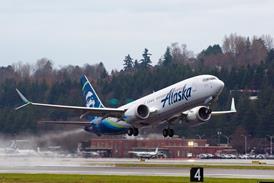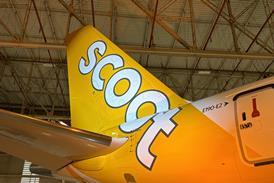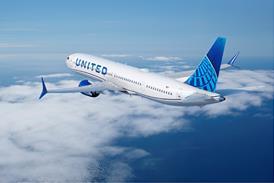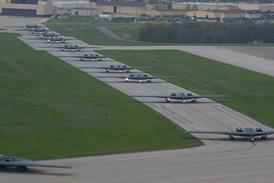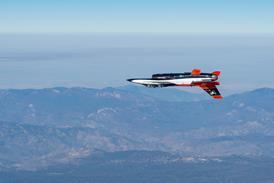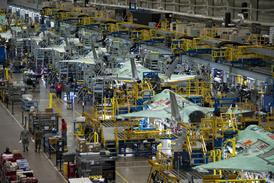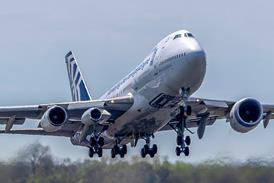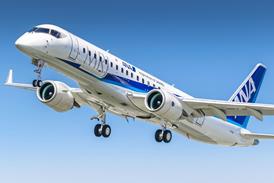Northrop Grumman, in partnership with EADS, will not offer a bid for the $35 billion KC-X tanker contract, citing a US Air Force request for proposal (RFP) it believes is weighted in favour of its competitor.
"We reached this conclusion based on the structure of the source selection methodology defined in the RFP, which clearly favours Boeing's smaller refuelling tanker and does not provide adequate value recognition of the added capability of a larger tanker, precluding us from any competitive opportunity," says Wes Bush, CEO of Northrop Grumman.
Additionally, Bush says that Northrop has decided not to protest the selection process, adding that "while we feel we have substantial grounds to support a [Government Accountabiity Office] or court ruling to overturn this revised source selection process, America's service men and women have been forced to wait too long for new tankers".
EADS echoed a similar sentiment about the KC-X selection process, but declined to say whether or not the European defence consortium would make its own bid to the US Air Force. However, those close to the process say the European company is in a "wait and see" position on any future developments.
Lockheed Martin has been rumoured to be a possible partner with EADS on a future bid.
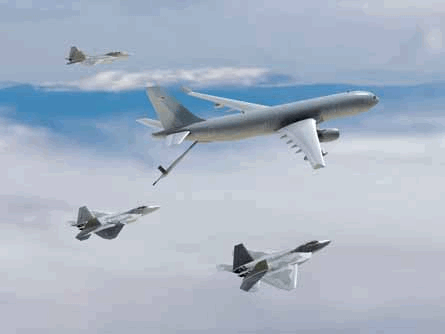 |
|---|
| © EADS |
Northrop Grumman had initially planned to offer the KC-45, based on the Airbus A330-200 Multi Role Tanker Transport, which is larger than the Boeing's NewGen tanker offering based on the smaller 767.
The latest chapter in the almost decade long tanker saga, sets up a potential political showdown between US Congressional supporters of the Northrop and those in support of Boeing, as well as the US Department of Defense as Boeing is left to bid as a sole-source contractor to the US Air Force to replace its aging KC-135 tankers.
US President Barack Obama has repeatedly stressed his opposition to sole-source contracts as a bad deal for the taxpayer, who is responsible for financing the acquisition.
Bush disclosed that the final price Northrop Grumman would have offered on the first 68 tankers was a unit flyaway cost of $184 million, including non-recurring development costs.
In a parting shot against its competitor, the price disclosure could pressure Boeing to offer a lower price on what Northrop calls "a smaller, less capable design", adding that the "taxpayer should certainly expect the bill to be much less".
Boeing declined to comment directly on Northrop's publication of its offering price for the tanker contract, but says it will offer a lower total life cycle cost than its competitor, a different measurement than the flyaway unit cost touted by Northrop.
Source: Flight International

